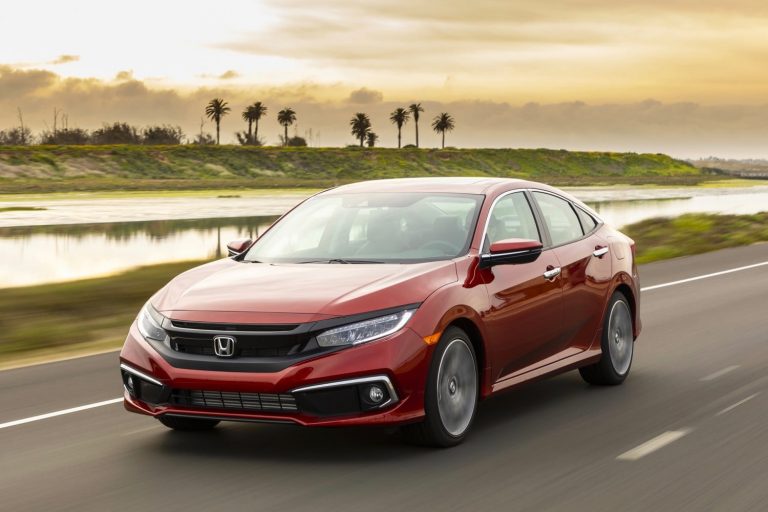If you’re one of the 15.3 million people that drive themselves to work it might be worth considering investing in a commuter car – i.e. a vehicle that offers excellent reliability and ranks highly in terms of fuel efficiency. Not only could this save you money in the long run, but could also help your commute be a more enjoyable experience.
But there are certain things you should look for in a ‘commuter’ car in order to make it a financially viable option, whether you’re buying it outright with cash, or will be looking at financing options with Go Car Credit.
Do you commute long distances?
If your regular commute is over 60 miles, looking for a ‘commuter’ car that is fuel efficient compared with your family car could pay dividends. Not only will you make savings on fuel, but your car insurance may reduce too. If you frequently drive in or to London, fuel-efficient cars tend to avoid London’s Ultra Low Emissions Zone saving you £12.50 a day – savings that could soon add up.
Do you drive to client meetings?
If you drive to client meetings or even have to drive clients around, having a designated ‘commuter’ car will help you look more professional. It will also save the stress of moving car-seats and vacuuming crumbs when you need to transport clients – allowing you more time to prepare for business meetings and avoid any potential embarrassment.
Do you drive through towns and cities?
If you’re regularly commuting in towns and cities, opting for a ‘commuter’ car that’s small and nippy, will take the angst out of finding places to park during rush hour. This is especially helpful if you frequently have to drive to unfamiliar places and the thought of parallel parking on a busy street fills you with dread!
Do you drive on the motorway?
If you spend a lot of time driving on motorways and even winding country roads, a ‘commuter’ car with a powerful engine may be more than just a convenience, it can also be a safety measure too. Over-taking on the motorway can be a nerve-wracking experience if your car’s engine doesn’t offer enough power to cruise past, similarly, if your car regularly struggles up inclines, you may be putting cars behind you at risk. Commuting in wintry conditions in a powerful car means you’ll be able to traverse even the toughest of terrains too.
Do you spend hours in the car?
The average daily commute in the UK is just under one hour – over the course of a year that’s around 460 hours spent in your car. So, investing in a ‘commuter’ car that’s comfy should come high up on the agenda when you’re looking to invest. When you’re thinking of buying a car for commuting, it’s worth scheduling a test-drive to ensure not only are the seats comfy, but external noise is reduced, as is vibration and the feel of the road. Having a comfy ‘commuter’ car will make all the difference.
Commuting is often a hidden cost when it comes to working, and any way you are able to reduce that cost should be considered. Taking public transport and car sharing are great alternatives, but if neither of them are viable options, investing in a ‘commuter’ car makes sense.



0 Comments